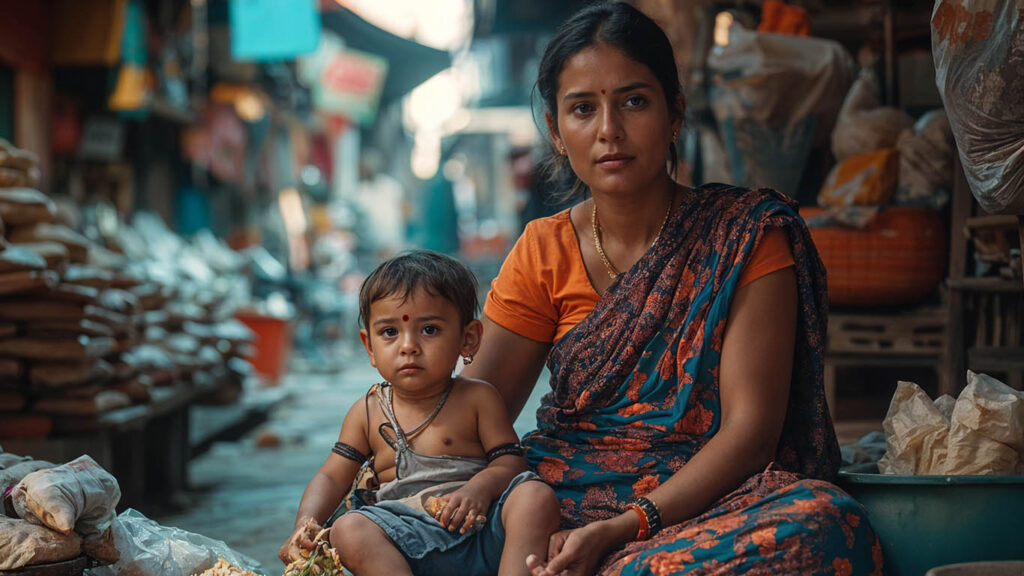Africa is a continent of immense potential — rich in natural resources, cultural heritage, and human talent. Yet, for decades, it has also faced a complex mix of challenges, including poverty, inadequate infrastructure, limited access to education and healthcare, and the impacts of climate change. Despite these hurdles, Africa is steadily rising, with communities, governments, and organizations working together to drive meaningful and lasting development.
Understanding the Landscape
Development in Africa is not a one-size-fits-all journey. The continent is home to 54 countries, each with its own unique economic, social, and political realities. Urban areas in countries like Kenya, Nigeria, and South Africa are becoming innovation hubs, while rural regions continue to face basic development challenges such as food insecurity, limited healthcare access, and low literacy rates.
Let’s work together to support Africa’s journey — not by imposing solutions, but by empowering people to build the future they envision.
Key Areas of Focus
1. Education
Education is the foundation for sustainable development. Across Africa, efforts are underway to improve school attendance, train teachers, and provide digital learning tools. However, millions of children are still out of school due to poverty, conflict, or lack of infrastructure. Investing in education means equipping the next generation with the skills to lead and innovate.
2. Healthcare
Access to healthcare remains a critical concern. Many communities lack basic medical facilities and trained professionals. However, initiatives focusing on maternal health, immunizations, and mobile clinics are making progress. Strengthening health systems is key to building resilient communities, especially in the face of global health threats.
3. Food Security
Agriculture employs a large portion of Africa’s population, yet food insecurity remains high. Climate-smart farming, better access to markets, and investment in local food systems are helping communities become more self-reliant. Supporting small-scale farmers can unlock greater food sustainability and reduce hunger across the region.
4. Economic Empowerment
Youth employment, entrepreneurship, and access to finance are central to reducing poverty. Empowering individuals — especially women and youth — through skills training and small business support can create ripple effects that uplift entire communities.
5. Infrastructure & Technology
From rural roads to internet connectivity, infrastructure is the backbone of development. Technological innovation, including mobile banking, e-learning platforms, and clean energy solutions, is transforming lives and opening new pathways for progress.
Partnerships Matter
Development in Africa is being driven not just by governments and international donors, but also by grassroots organizations, local leaders, and private sector partners. Sustainable development thrives when solutions are community-led, inclusive, and rooted in local contexts.
The Road Ahead
The future of Africa is bright — but it requires continued commitment, collaboration, and investment. By prioritizing education, healthcare, food security, and economic empowerment, we can ensure that development is not just about growth, but about dignity, opportunity, and resilience for all.


